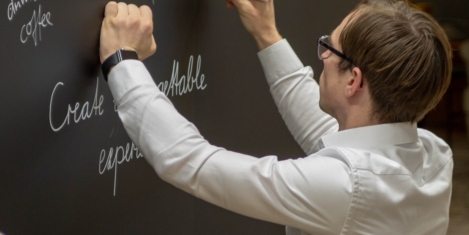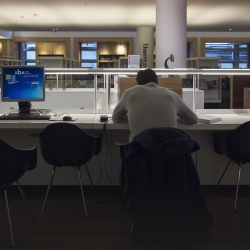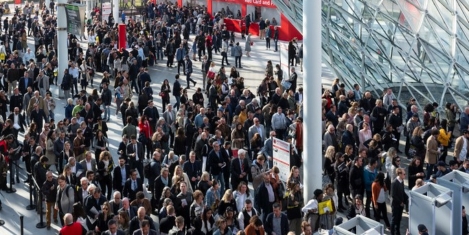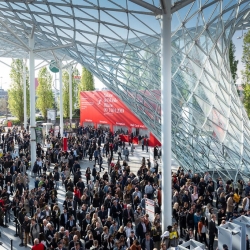To provide the best experiences, we use technologies like cookies to store and/or access device information. Consenting to these technologies will allow us to process data such as browsing behaviour or unique IDs on this site. Not consenting or withdrawing consent, may adversely affect certain features and functions.
The technical storage or access is strictly necessary for the legitimate purpose of enabling the use of a specific service explicitly requested by the subscriber or user, or for the sole purpose of carrying out the transmission of a communication over an electronic communications network.
The technical storage or access is necessary for the legitimate purpose of storing preferences that are not requested by the subscriber or user.
The technical storage or access that is used exclusively for statistical purposes.
The technical storage or access that is used exclusively for anonymous statistical purposes. Without a subpoena, voluntary compliance on the part of your Internet Service Provider, or additional records from a third party, information stored or retrieved for this purpose alone cannot usually be used to identify you.
The technical storage or access is required to create user profiles to send advertising, or to track the user on a website or across several websites for similar marketing purposes.
 Over half of American workers feel they have no one to turn to with a workplace issue, claims new research. The survey conducted by OnePoll on behalf of Bambee asked 2,000 employed Americans about their thoughts toward human resources departments and who they would go to if they had an issue in the workplace. Thirty-two percent of those surveyed without a human resources department or representative said they don’t know who they would go to with questions or concerns — or wouldn’t go to anyone at all. (more…)
Over half of American workers feel they have no one to turn to with a workplace issue, claims new research. The survey conducted by OnePoll on behalf of Bambee asked 2,000 employed Americans about their thoughts toward human resources departments and who they would go to if they had an issue in the workplace. Thirty-two percent of those surveyed without a human resources department or representative said they don’t know who they would go to with questions or concerns — or wouldn’t go to anyone at all. (more…)










 UK employers claimed £35 billion of free labour last year because of workers doing unpaid overtime, according to an analysis of official statistics published today by the
UK employers claimed £35 billion of free labour last year because of workers doing unpaid overtime, according to an analysis of official statistics published today by the 




 The UK is ignoring the value of millions of workers by overlooking workplace training and opportunities to upskill, a new survey has suggested. According to the
The UK is ignoring the value of millions of workers by overlooking workplace training and opportunities to upskill, a new survey has suggested. According to the 


 A problem shared may be a problem halved but, according to a new
A problem shared may be a problem halved but, according to a new 
 One in three US workers have told researchers nothing would stop them from taking advantage of flexible working options, despite the potential damage to their career. According to a
One in three US workers have told researchers nothing would stop them from taking advantage of flexible working options, despite the potential damage to their career. According to a 









February 24, 2020
Ergonomics, movement and the evolutionary necessity of pain
by Mark Eltringham • Comment, Wellbeing, Workplace design